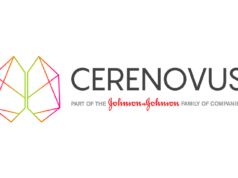A study published in the Oxford Journal Neuro-Oncology, ‘Navigated transcranial magnetic stimulation improves the treatment outcome in patients with brain tumours in motor eloquent areas’, looked at the outcomes of 365 motor eloquent brain-tumour patients. The study proved that integrating navigated transcranial magnetic stimulation (nTMS) into the surgical workflow to pre-operatively localise motor function has a significant impact on treatment and outcome.
The authors from Charité University in Berlin, looked at using Nexstim’s Navigated Brain Stimulation (NBS) System for pre-operative motor mapping. The study enrolled 250 consecutive patients and compared their outcomes to a matched pre-nTMS control group on 115 patients. The results of the NBS mapping impacted the surgical plan in 68% of the cases:
- Disproving suspected involvement of the primary motor cortex in 25.1% of the cases
- Expanded surgical indication by 14.8%
- Achieved 18% more total resections
- Progression free survival increased by 45% in patients with low grade gliomas
“This is why we work to get this amazing technology to the clinics. Helping patients to get better care and provide neurosurgeons more tools for their important pre-operative planning is driving us further.” – Janne Huhtala, chief executive officer, Nexstim.
In their conclusions, the authors stated “the impact of this study should go far beyond the neurosurgical community because it could fundamentally improve treatment and outcome, and its results will likely change clinical practice.” The use of NBS for pre-surgical mapping provided crucial data that improved surgical planning and patient communication. nTMS has now been proven to enable more patients to undergo surgery, which in turn may lead to better neurological outcomes and higher survival rates in brain tumour patients.













